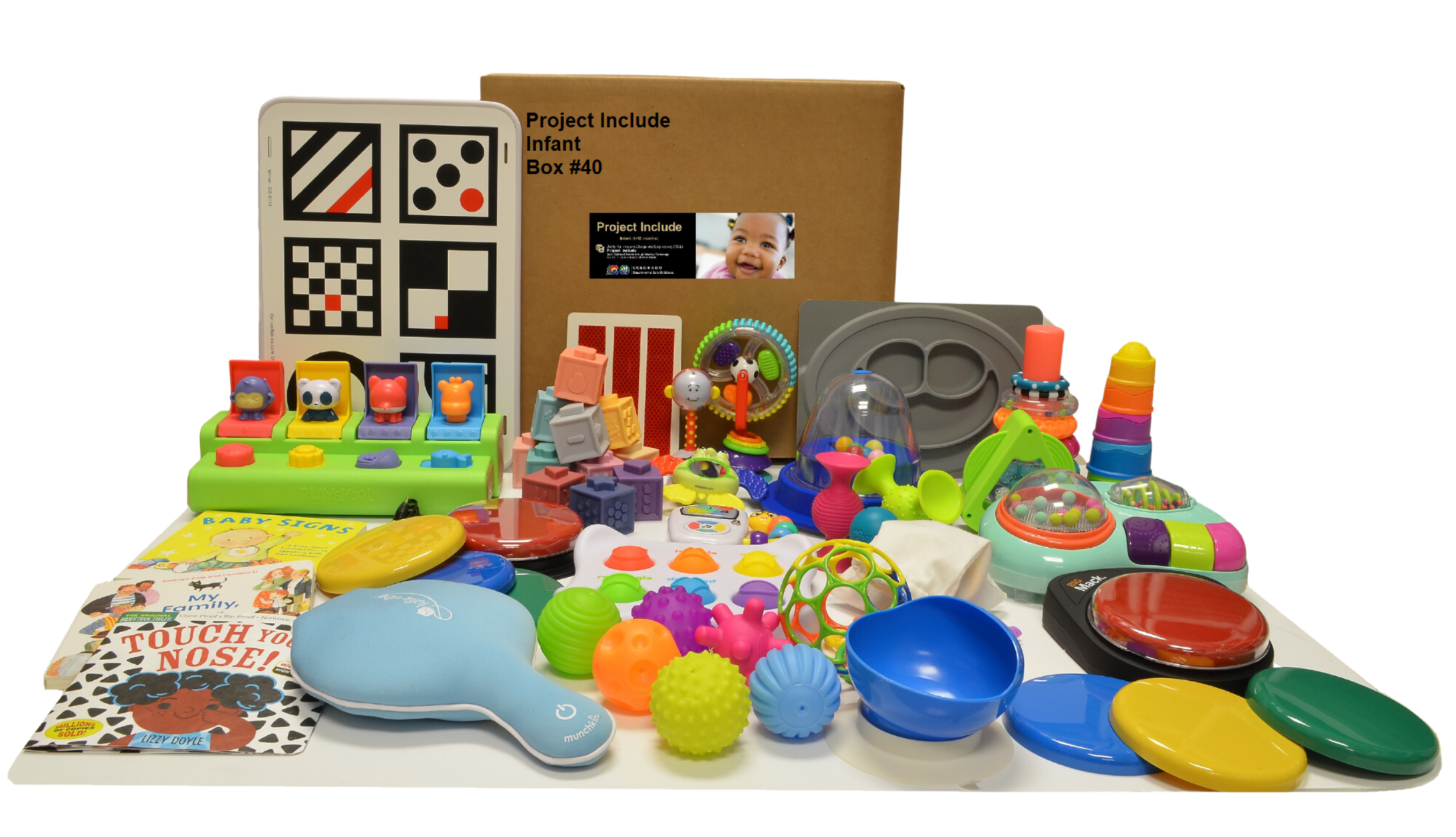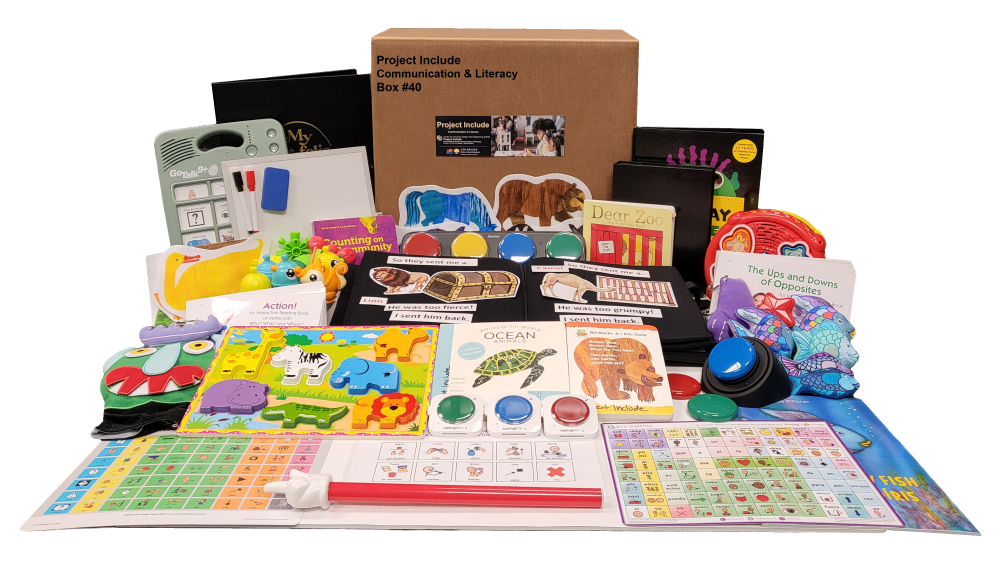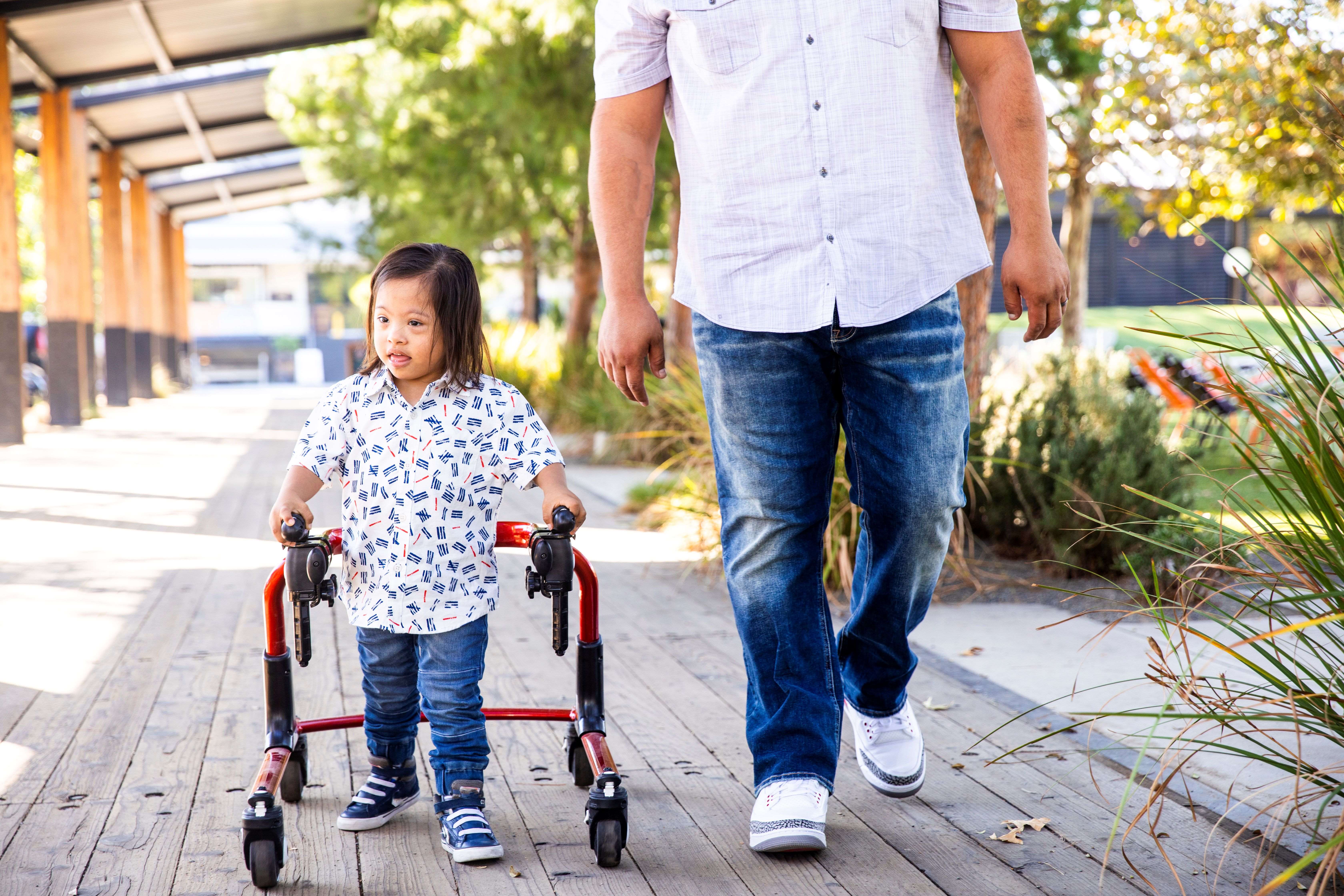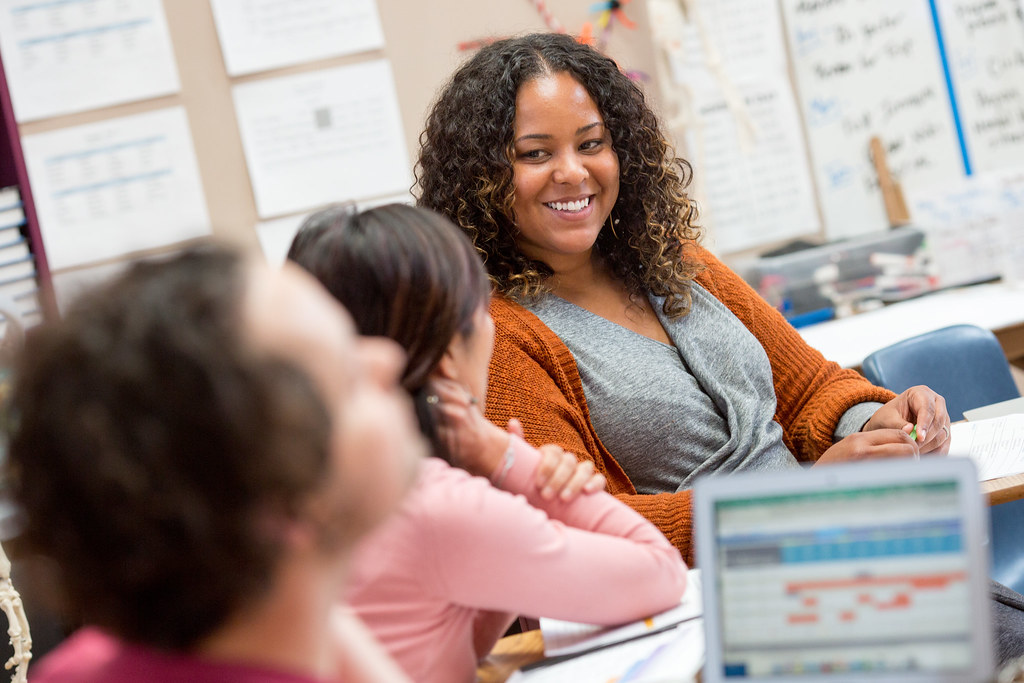
Universal Design and Inclusion Kits
Universal Design and Inclusion Kits are available for check out by licensed child care programs in the state of Colorado who have completed the Project Include interest form and the Introduction to Universal Design training. Click to learn more on our Universal Design & Inclusion Kits page.


